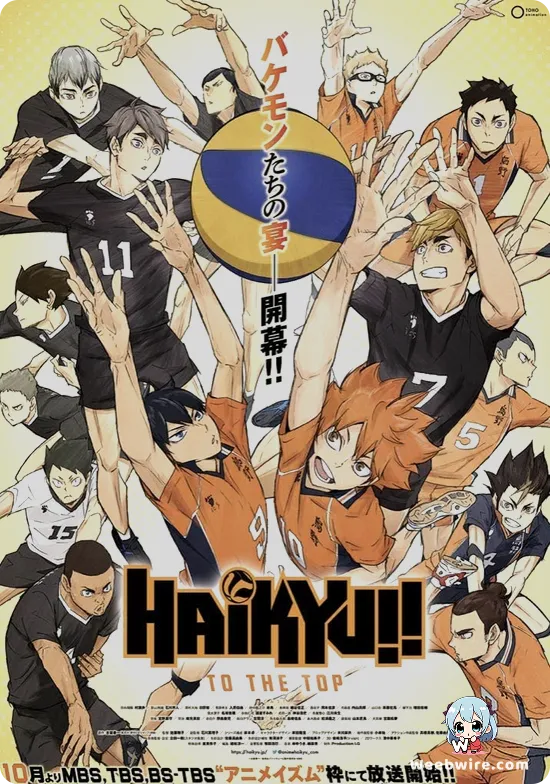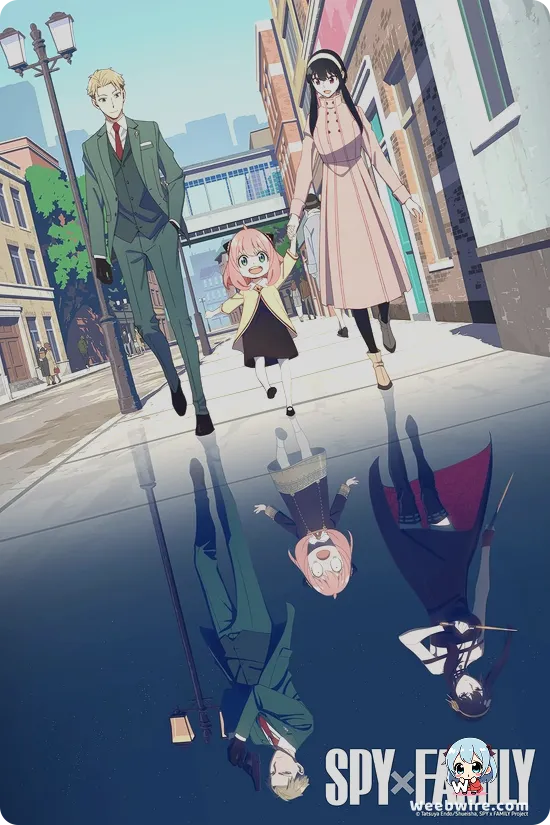

© J.C.STAFFwww.hulu.com
Overview
Bakuman. 3 serves as the concluding chapter to the critically acclaimed narrative detailing the aspirations of Moritaka Mashiro, the artist, and Akito Takagi, the writer, operating under their joint pseudonym, Muto Ashirogi. Set within the intensely competitive landscape of the contemporary Japanese manga industry, specifically centered around the weekly publication of Shōnen Jack, this season escalates the professional stakes. Muto Ashirogi must now solidify their status among the top tier of mangaka, directly competing against prodigious talents like Eiji Nizuma while striving to achieve their ultimate goal: securing an anime adaptation for their flagship series. The central conflict revolves around balancing artistic integrity, commercial viability, and the grueling production schedule dictated by their editor, Hattori. Beyond the professional realm, the narrative meticulously tracks the emotional commitment between Mashiro and Miho Azuki, whose pact states they will marry only after both achieve their respective dreams—Mashiro getting an anime adaptation and Miho voicing the main heroine. This season masterfully combines industry procedural drama with heartfelt romance and slice-of-life elements, offering an unparalleled meta-commentary on the dedication, sacrifice, and collaborative spirit required to succeed in creative fields. The storyline culminates in decisive rankings, personal breakthroughs, and the ultimate test of their decade-long commitment to their craft and each other.
Opinion
The third installment of Bakuman. successfully functions as a definitive conclusion, exhibiting a high degree of narrative maturity and structural integrity. Pacing throughout the 25 episodes is deliberately measured, reflecting the long-term commitment required in the creative industry, which might be perceived as slow by viewers expecting high-octane action, yet it perfectly suits the slice-of-life drama genre. J.C.STAFF maintains the visual standard established in prior seasons; the animation is clean, functional, and excels primarily in its detailed depiction of environments—specifically manga studios and editorial offices—rather than dynamic fluid motion. Character designs are consistent and effectively convey the emotional intensity of professional competition. The voice acting ensemble is stellar, particularly Takahiro Sakurai and Yuuki Kaji, who deliver nuanced performances capturing the protagonists' dedication and fatigue under pressure. Thematic depth remains the series' strongest asset, meticulously exploring concepts of perseverance, artistic rivalry, and the challenging balance between professional ambition and personal sacrifice. The narrative arc focusing on Muto Ashirogi securing an anime adaptation is handled with expert precision, providing a satisfying and earned culmination to years of development, resulting in a series finale that is both critically sound and emotionally resonant.
Characters
Moritaka Mashiro
Voice: Takahiro Sakurai
Eiji Nizuma
Voice: Kenichi Suzumura
Akito Takagi
Voice: Yuuki Kaji
Miho Azuki
Voice: Yuka Terasaki
Kazuya Hiramaru
Voice: Kengo Kawanishi
Kaya Miyoshi
Voice: Kana Hanazawa
Credits
Studio
J.C.STAFF
Cover Art
Studio J.C.STAFF art team
Publisher
Shueisha
Producers
J.C.STAFF, Shueisha
Episodes
Season 1
25 episodesInformation
Genres
Related Anime

Fullmetal Alchemist: Brotherhood

Haikyu!!

Hajime no Ippo: The Fighting!

Mob Psycho 100 III

HAIKYU‼ TO THE TOP Part 2
